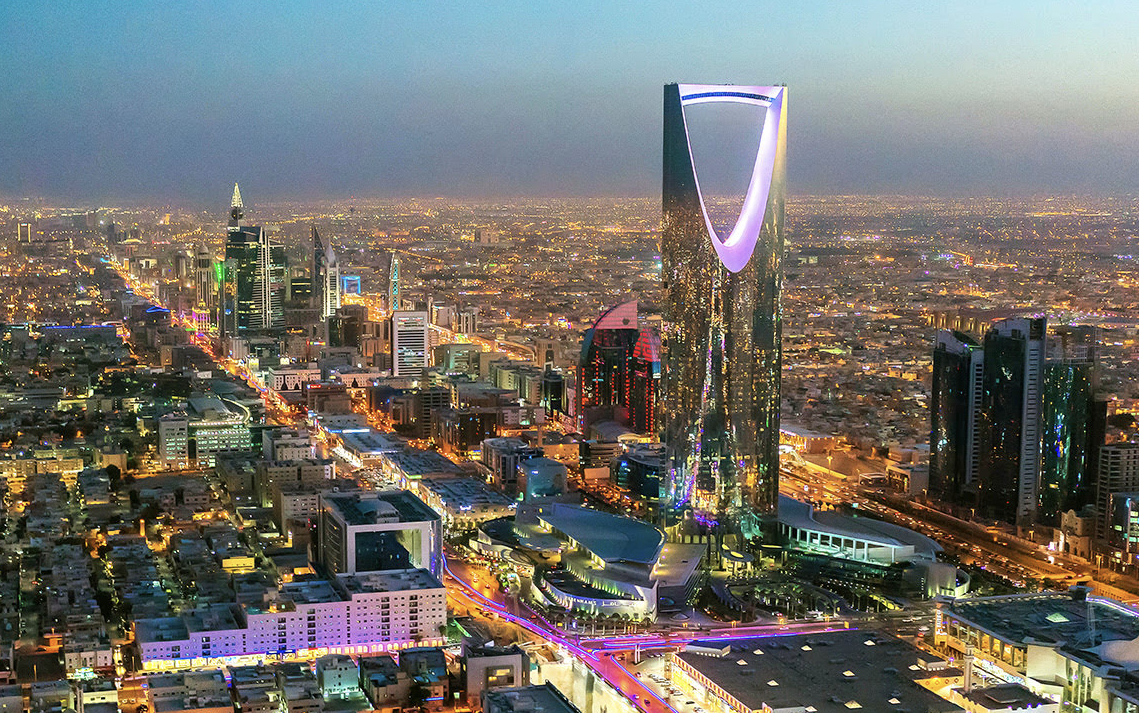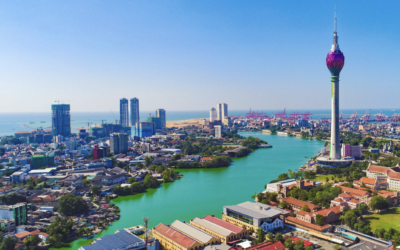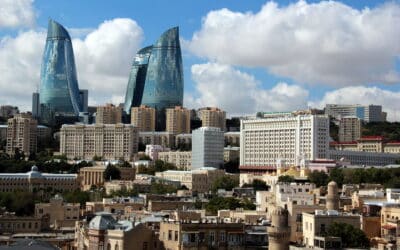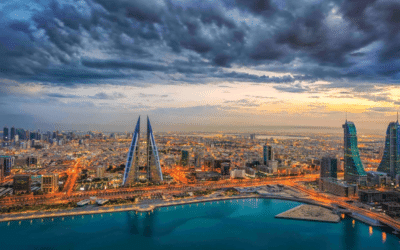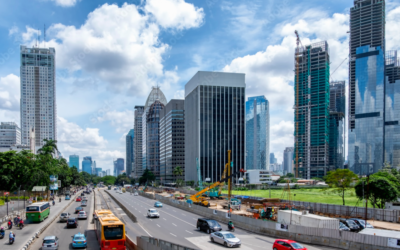Saudi Arabia, the largest economy in the Middle East, has emerged as a hub for foreign investment in recent years.
With its strategic location, economic reforms, and ambitious Vision 2030 plan, the Kingdom is opening its doors to international investors like never before.
Indeed, Saudi Arabia offers lots of opportunities between trading stocks, buying real estate, or starting a business here,
Navigating the market as a foreign investor requires clear understanding of the risks and regulations unique to the country though.
Let’s explore some key investments in Saudi Arabia along with insights into the country’s economic landscape and the steps needed to succeed as a foreign investor.
Saudi Arabia’s Economic Landscape
Saudi Arabia’s economy is undergoing a significant transformation, shifting from its traditional reliance on oil to a more diversified and sustainable model.
The Kingdom’s Vision 2030 initiative, launched in 2016, aims to reduce dependence on oil revenues by promoting sectors such as tourism, technology, healthcare, and renewable energy.
The Saudi government has introduced several reforms to attract foreign investment, including the liberalization of certain industries, the privatization of state-owned enterprises, and the establishment of special economic zones.
These measures have helped Saudi Arabia climb global rankings in ease of doing business, making it an increasingly attractive destination for investors.
Moreover, Saudi Arabia’s young and growing population, along with its strategic location connecting Europe, Asia, and Africa, positions it as a key player in global trade and commerce.
How to Invest in the Saudi Stock Market
The Saudi stock market, known as the Tadawul, is the largest in the Arab world and offers a wide range of investment opportunities.
With over 200 listed companies spanning various sectors, the Tadawul provides exposure to industries such as banking, healthcare, consumer goods – and of course oil!
The Tadawul All Share Index (TASI)
The TASI is the benchmark index for the Saudi stock market, tracking the performance of all listed companies.
The index has shown steady growth in recent years, driven by economic reforms and increased foreign participation.
Can Foreigners Invest in Saudi Arabaia?
Back in 2015, Saudi Arabia finally opened its stock market to qualified foreign investors (QFIs), allowing them to trade directly on the Tadawul.
Requirements for QFIs include minimum asset thresholds and regulatory approvals, but these barriers have been gradually eased to encourage more international participation.
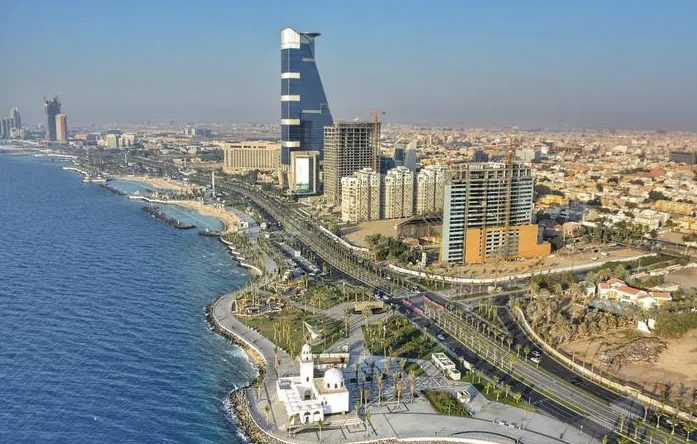
Saudi Arabia’s stock market, the Tadawul, ranks as the 9th largest globally and the largest in the Middle East, with a market capitalization of SAR 9.51 trillion as of 2025.
Stock Opportunities in Key Sectors
- Petrochemicals: As the world’s largest oil exporter, Saudi Arabia is home to leading petrochemical companies like SABIC. While the government is diversifying the economy, oil and petrochemicals remain a cornerstone of the market.
- Banking: The financial sector is robust, with banks like Al Rajhi Bank and Saudi National Bank benefiting from rising interest rates and economic growth.
- Healthcare and Tech: These sectors are gaining traction as part of Vision 2030, offering growth potential for long-term investors.
Risks of Trading Stocks in Saudi Arabia
Investing in the Tadawul certainly comes with its share of risks, including market volatility and geopolitical uncertainties.
Foreign investors should also be aware of currency risks, as the Saudi Riyal is pegged to the US Dollar.
While we aren’t necessarily fans of the dollar, it’s largely considered one positive aspect of investing in Saudi Arabia. That’s because other exotic currencies in the Middle East are far more unstable than the greenback.
Real Estate Investment in Saudi Arabia
The real estate sector in Saudi Arabia has seen a boom in recent years, fueled by urbanization, population growth, and government initiatives.
Cities like Riyadh, Jeddah, and Dammam are experiencing rapid development, while mega-projects like NEOM and the Red Sea Project are attracting global attention.
Residential and Commercial Properties
- Residential: The demand for housing is on the rise, driven by the country’s young population and government programs aimed at increasing homeownership.
- Commercial: Office spaces, retail outlets, and industrial properties are in high demand, especially in major cities and economic zones.
Mega-Projects and Tourism
Saudi Arabia is investing billions in ambitious projects to diversify its economy.
NEOM, a futuristic city being built from scratch, is a key component of Vision 2030 and offers opportunities in real estate, technology, and tourism.
Similarly, the Red Sea Project aims to develop luxury tourism along the western coast, creating high-end real estate investment opportunities.
Foreign Ownership Rules
In 2019, Saudi Arabia eased restrictions on foreign ownership of real estate, allowing non-Saudi residents to own properties in certain areas.
However, there are still limitations – specifically, you can’t own real estate in Saudi Arabia in anywhere besides these pre-approved zones.
Any investor knows that the real work begins after you’ve bought a property. Unfortunately, navigating the law and obtaining permits here in Saudi Arabia is a time-consuming and very bureacaratic process.
Meanwhile, the real estate market in Saudi Arabia can be influenced by oil prices, economic conditions, and government policies.
Foreign property investors should consult legal experts – not just a realtor – to understand the regulations here fully. This isn’t a country for the faint-of-heart.
Starting a Business in Saudi Arabia
Entrepreneurship is a key focus of Vision 2030, with the government implementing measures to simplify business setup and attract foreign entrepreneurs.
The General Authority for Investment (GAI) oversees the process, ensuring that foreign investors can establish businesses with relative ease.
Key Sectors for Entrepreneurs
- Tech: With a tech-savvy population and government support for innovation, the Saudi Arabia tech sector is ripe for investment.
- Tourism: As Saudi Arabia opens up to international visitors, opportunities in hospitality, travel, and entertainment are expanding.
- Renewable Energy: The Kingdom aims to generate 50% of its energy from renewable sources by 2030, creating opportunities in solar, wind, and energy efficiency.
Steps to Start a Business
- Choose a Business Structure: Options include setting limited liability companies (LLCs), joint ventures, and branch offices in Saudi Arabia.
- Obtain a License: Depending on the sector, you may need specific licenses from relevant authorities.
- Register with the GAI: Foreign-owned businesses must be registered with the General Authority for Investment.
- Open a Bank Account: A corporate bank account is essential for transactions and compliance.
- Hire Local Talent: Saudi Arabia has localization requirements, meaning a certain percentage of your workforce must be Saudi nationals.
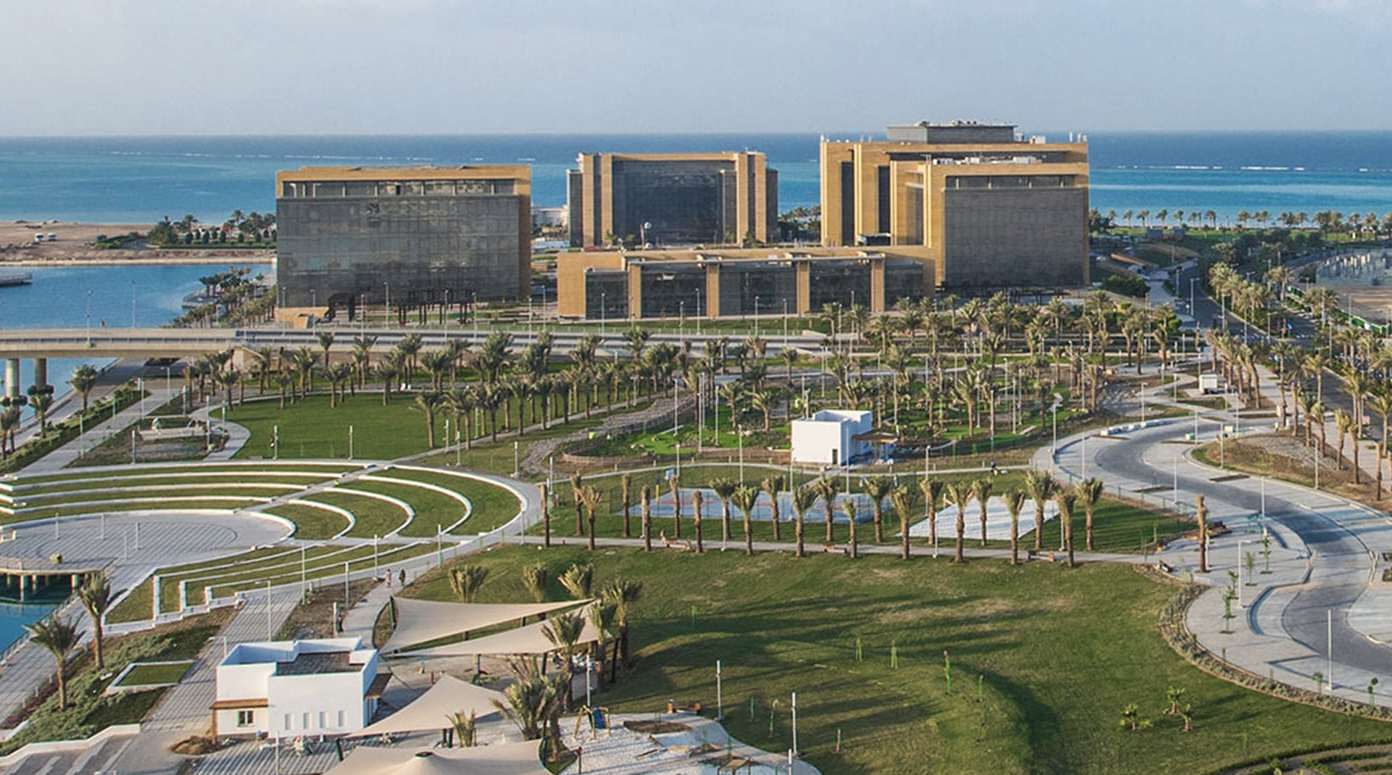
King Abdullah Economic City (KAEC) is the largest privately funded new city in the world, designed to accommodate up to 2 million residents and serve as a major logistics and industrial hub on the Red Sea.
Special Economic Zones and Tax Incentives
You might be pleased to hear that Saudi Arabia has established several special economic zones (SEZs) to attract larger amounts of foreign investment.
These specific zones offer incentives such as tax breaks, simplified regulations, and 100% foreign ownership. Examples include:
- King Abdullah Economic City (KAEC): A hub for logistics, manufacturing, and residential development.
- NEOM: A futuristic city focused on technology, renewable energy, and innovation.
These zones are designed to facilitate business operations and provide a competitive edge for investors.
Additionally, and even outside of these SEZs, Saudi Arabia offers a relatively favorable tax environment for foreign investors.
The corporate tax rate is 20%, and there is no personal income tax for individuals. Yet businesses are subject to a 15% VAT on goods and services.
The government also provides various incentives to attract foreign investment, including grants, subsidies, and access to funding programs.
For example, the Public Investment Fund (PIF) plays a key role in financing strategic projects and partnerships.
Saudi Arabia has a reputation as a difficult place to invest as a foreigner. But especially in recent years, they’ve taken initiative to make the country accessible to foreign investment.
Should You Invest in Saudi Arabia?
Investing in Saudi Arabia offers immense opportunities across various sectors, from stocks and real estate to entrepreneurship.
Particularly worth noting is the Kingdom’s ambitious Vision 2030 plan, coupled with its strategic location and general economic reforms, which makes it an increasingly attractive destination for global investors.
However, navigating the Saudi market requires careful planning, due diligence, and an understanding of local regulations and cultural norms.
As Saudi Arabia continues to transform its economy, those who invest wisely and adapt to the changing landscape stand to gain significant rewards.
The opportunities are vast, but so are the challenges – making it essential to approach the market with equal parts ambition and caution!
FAQs: Investing in Saudi Arabia
Can Foreigners Buy Property in Saudi Arabia?
Yes, foreigners can buy property in Saudi Arabia, but only in specific pre-approved zones. While restrictions have been eased since 2019, navigating the real estate market and obtaining necessary permits can be complex and bureaucratic.
Are Foreigners Able to Own Land in Saudi Arabia?
Foreigners are allowed to own land in Saudi Arabia, but only within designated zones approved by the government. These restrictions mean that foreign ownership here is carefully regulated.
Can Foreigners Trade Stocks in Saudi Arabia?
Yes, foreigners can invest in the Saudi stock market, also known as the Tadawul. In 2015, Saudi Arabia opened its stock market to Qualified Foreign Investors (QFIs), allowing them to trade directly on the Tadawul.
Over time, the requirements for QFIs have been eased to encourage more international participation, making it increasingly accessible to foreign investors. Note that you'll almost certainly need to have residence in Saudi Arabia in order to become a Qualified Foreign Investor though.
What Tax Incentives Does Saudi Arabia Offer to Foreign Investors?
Saudi Arabia provides a favorable tax environment for foreign investors. The corporate tax rate is 20%, and there is no personal income tax.
Additionally, businesses in Saudi Arabia are subject to a 15% VAT on goods and services. SEZs offer further tax breaks and incentives, making the Kingdom an attractive destination for global investors.

